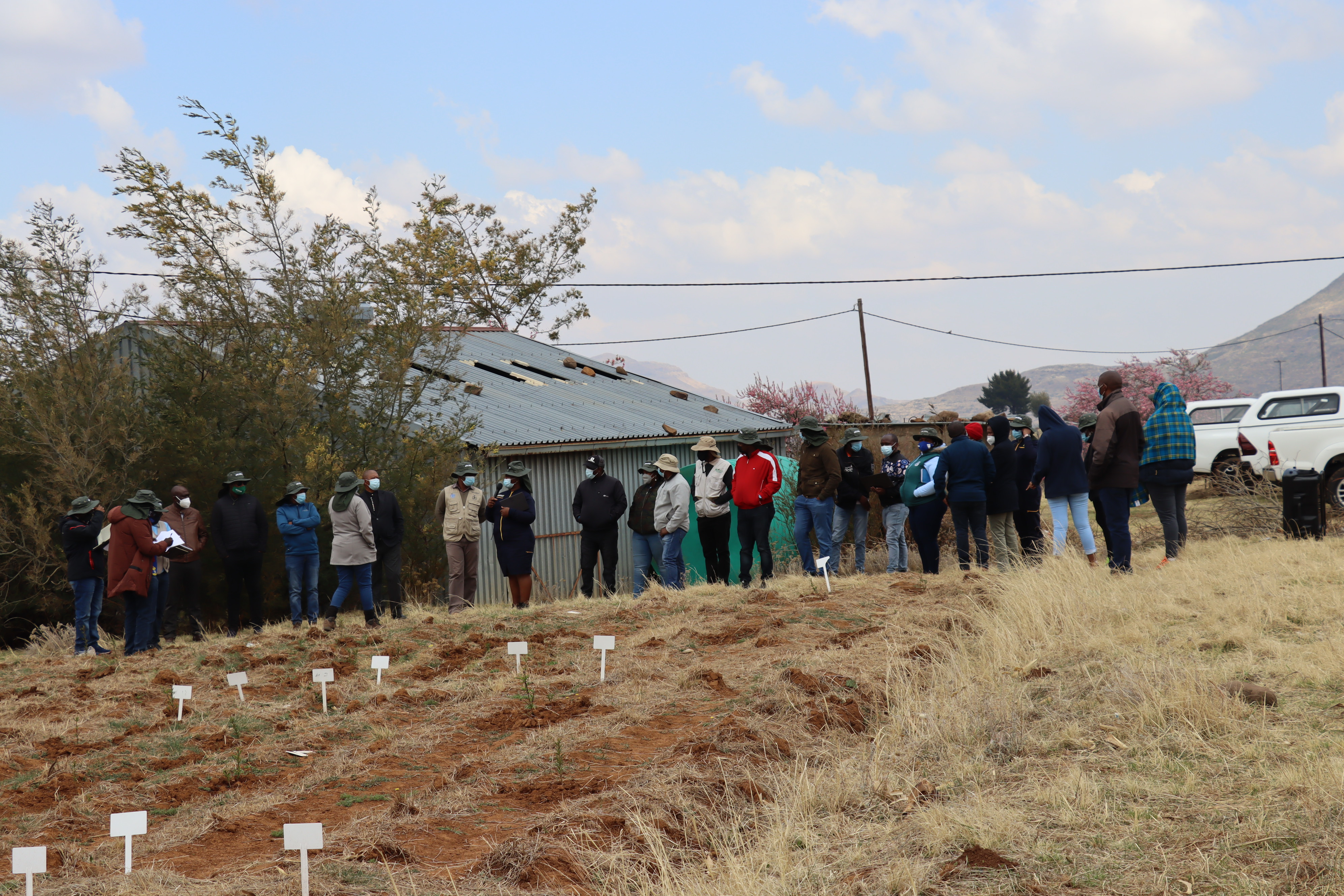ENGLISH Smallholder farmers are key to food security in sub-Saharan Africa where two thirds of the population depend on small-scale, rain-fed farming as their main source of food and income. Critical farming and household decisions depend upon the weather, for example, how much rain falls, the length and start date of the rainfall season and the timing of dry spells. Such aspects of the weather vary considerably from year to year. The Participatory Integrated Climate Services for Agriculture (PICSA) approach aims to facilitate farmers to make informed decisions based on accurate, location specific, climate and weather information; locally relevant crop, livestock and livelihood options; and with the use of participatory tools to aid their decision making. This field manual is a step by step guide to working though the PICSA approach with farmer groups. It is primarily for the use of facilitators (e.g. NGO and extension field staff who have received training in the use of the PICSA approach). The PICSA approach is divided into twelve steps to be carried out with groups of farmers. Due to the location specific nature of PICSA there are a number of preparatory activities that need to be completed before field staff are trained in the approach.
Dorward P, Clarkson G, Stern R. 2015. Participatory Integrated Climate Services for Agriculture (PICSA): Field Manual. Walker Institute, University of Reading.

 English
English Français
Français Português
Português Kiswahili
Kiswahili




